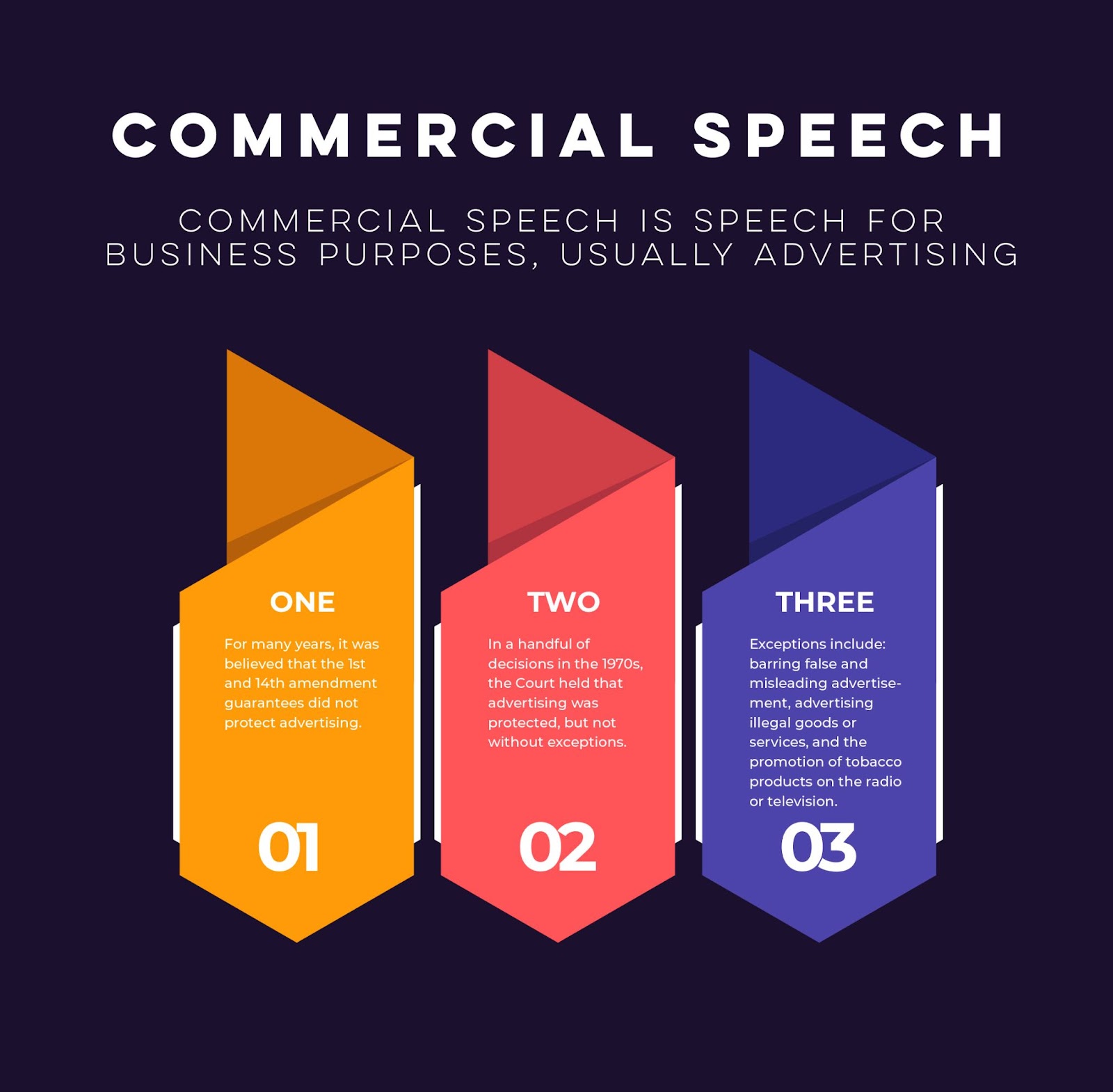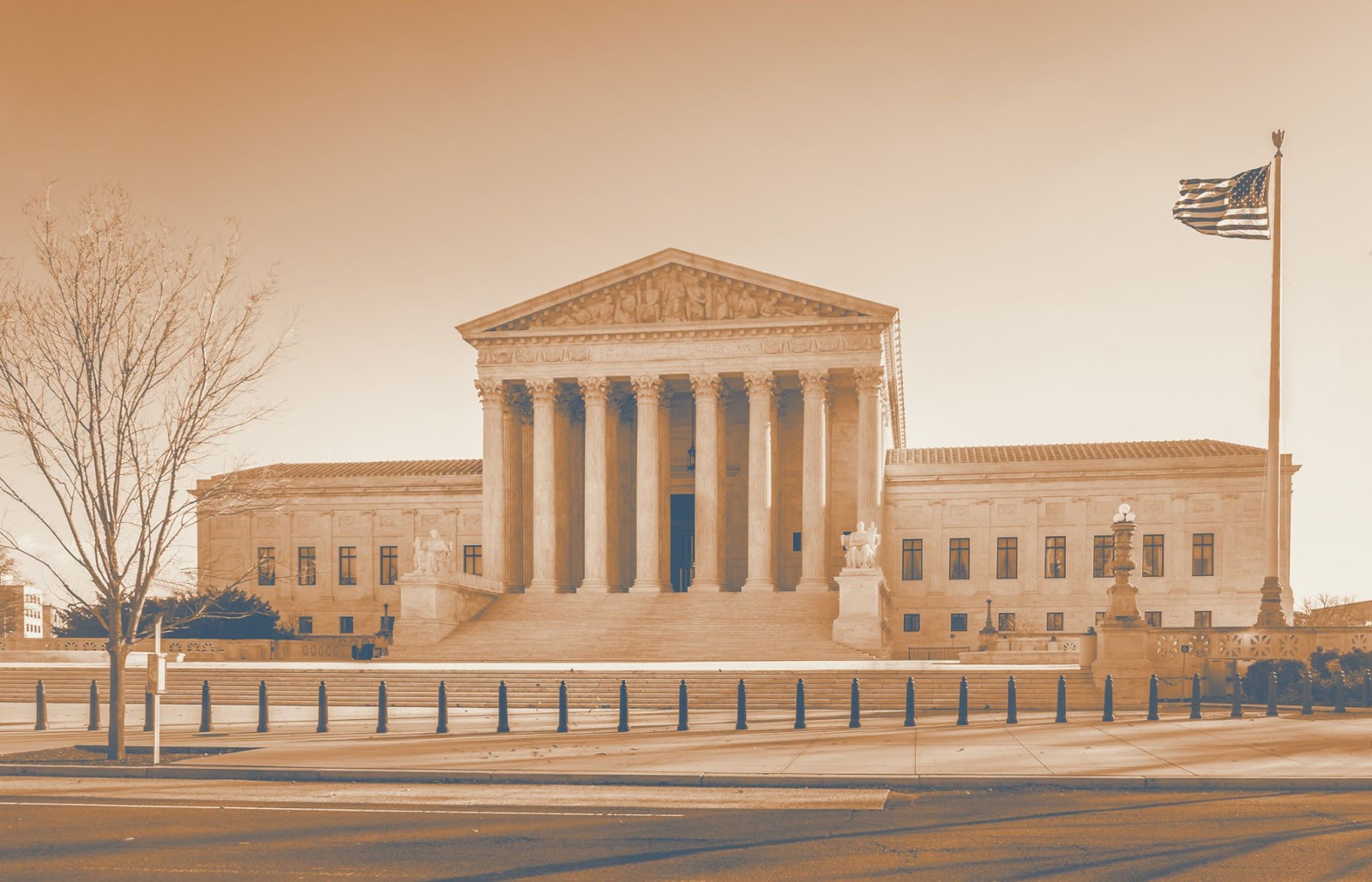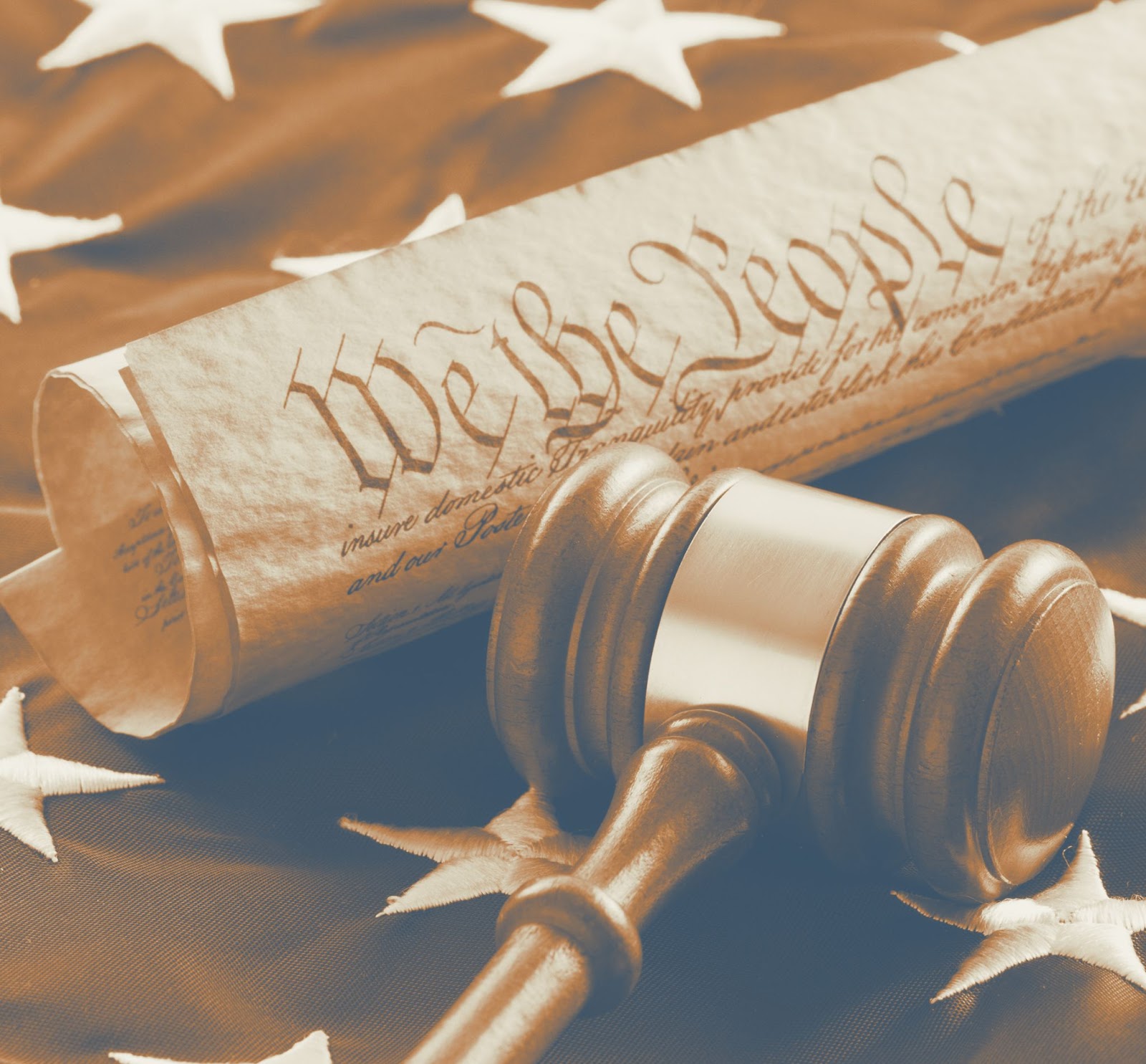Commercial Speech and the First Amendment Protections
Full guide into the treatment of commercial speech under First Amendment protection.

Did you know the FTC warned 670 companies about potential penalties for deceptive product claims last year? Or that Bank of America paid $30 million in fines for misleading marketing? With internet advertising reaching $225 billion annually, knowing the boundaries of commercial speech is becoming an insurance that protects you against costly legal consequences.
Commercial speech plays a massive role in the U.S. economy. The advertising industry reached an all-time high of 504,600 jobs in December 2023. And yes, regulators are very aware of this importance, as proven by the FTC's warnings to hundreds of companies about deceptive claims. This guide will help you navigate commercial speech regulations while still creating powerful marketing that drives results. We'll look into protection that the First Amendment offers your marketing content and how recent court cases have changed the field, so that you can keep your campaigns both compliant and effective.
What is commercial speech?

Legally, commercial speech is defined as expression related to commerce—typically speech that "does no more than propose a commercial transaction" or is "related solely to the economic interests of the speaker and its audience".
In practical terms, this includes advertising, marketing, and promotional communications. Virtually all industries rely on commercial speech, from fintech (where marketing spend climbed over 45% in the past three years) to banking (JPMorgan Chase spent about $4.59 billion on marketing in 2023) to investment advisers.
Examples of commercial speech
Commercial speech appears in many forms across industries. Examples include:
- A fintech company running social media ads
- Bank promotions for credit cards or services
- Investment advisers' marketing materials about performance
- Corporate websites and social media posts about products
- Required disclosures and terms of service
And here’s a practical case of how it may play out: Bank of America advertising a sign-up bonus for a credit card. This ad became an enforcement issue when regulators found the bank deceived some customers about eligibility, that led to $30 million in civil penalties.
For investment advisers, the SEC recently charged nine RIA firms for misleading advertisements, resulting in combined civil penalties of $1.24 million for unsubstantiated performance claims.
Anytime a company is advertising or promoting its products or services—whether through traditional ads, influencer posts, or corporate communications—that is commercial speech subject to First Amendment considerations.
Why is it important in free speech discussions?
Commercial speech sits at the intersection of business interests, consumer rights, and government regulation. Companies rely on the First Amendment to ensure they can communicate about their products and services, which the Supreme Court has recognized as valuable to consumers.
Data shows that 90% of loan and mortgage shoppers start by searching online, meaning commercial speech directly influences consumer choice.
Legally, commercial speech is a frequent flashpoint in courts because it requires balancing free expression with public protection. A notable example is Sorrell v. IMS Health, where the Supreme Court struck down Vermont's prescription data-mining law for improperly restricting pharmaceutical marketing speech.
As digital advertising and personalization get more prevalent, questions about privacy versus speech rights are sounding louder. Commercial speech also serves as a proxy for broader free speech principles—how we treat ads reflects how we value speech in general.
How does the Supreme Court view commercial speech?

The Supreme Court recognizes commercial speech as protected by the First Amendment, but "not as fully protected as other forms of expression" like political speech.
The Court uses the Central Hudson test to evaluate regulations on commercial speech:
- Is the speech truthful and about a lawful activity?
- Is the government's interest in regulation substantial?
- Does the regulation directly advance that interest?
- Is the regulation no more extensive than necessary?
The Court's recent jurisprudence generally strikes down blanket restrictions on honest commercial speech while allowing more refined regulation. In Sorrell v. IMS Health (2011), the Court showed willingness to scrutinize regulations that single out commercial speakers, stating that "commercial speech is no exception" to the rule that government cannot target speech because of its message.
Some Justices, particularly Clarence Thomas, have argued for even greater protection, suggesting truthful commercial speech should receive the same strict scrutiny as political speech.
Key Supreme Court cases involving commercial speech

303 Creative LLC v. Elenis (2023): The Court ruled 6-3 that a Colorado anti-discrimination law could not force a website designer to create wedding websites for same-sex couples) because it would compel her to express messages contrary to her beliefs. This has broad implications for businesses in creative industries, establishing that when a business's product is speech itself, First Amendment protection is strongest.
Jack Daniel's Properties, Inc. v. VIP Products LLC (2023): The Court unanimously ruled that a dog toy parodying Jack Daniel's whiskey wasn't shielded by the First Amendment simply because it was humorous. The Court held that commercial parodies can be liable for trademark infringement if they confuse consumers, clarifying that the First Amendment doesn't categorically protect trademark copycats. This decision reinforces trademark rights over creative advertising liberties, making marketers more cautious about comparative and parody ads.
The role of the Central Hudson Test
The Central Hudson test remains the core of commercial speech analysis. Courts continue to apply it to evaluate advertising restrictions, with recent applications showing it's a moderately speech-protective standard that forces regulators to craft narrow, evidence-based rules.
Under this framework:
- False or misleading commercial speech gets no protection
- Truthful speech about unlawful activities can be restricted
- Laws against truthful, lawful commercial speech must directly advance a substantial government interest through reasonably tailored means
From a compliance perspective, Central Hudson means businesses can advertise freely as long as they're truthful and lawful, while regulators can intervene narrowly to prevent deception or protect substantial interests.
Impact of Supreme Court rulings on commercial speech

Recent Supreme Court decisions have materially shaped commercial speech protection and regulation across industries:
- Greater freedom for truthful advertising: The Court's protective stance means businesses today enjoy more freedom to advertise than in past decades. For example, the SEC's recent overhaul of marketing rules for investment advisers now allows testimonials with proper disclosures, ending a decades-long ban.
- Focus on accuracy over suppression: In fintech and banking, the Court's jurisprudence ensures regulators focus on accuracy rather than suppression. While states can't ban all crypto advertising because it's risky, they can target actual fraud.
- Disclosure over prohibition: Court doctrine has encouraged transparency rather than suppression. Instead of banning certain marketing practices, regulators now typically require clear disclosures.
- Narrowly tailored regulations: Regulators know paternalistic or content-discriminatory rules are vulnerable to challenge. This has led to more evidence-based, targeted regulations that focus on specific harms rather than blanket bans.
Overall, the Court has solidified commercial speech as a protected category while allowing reasonable regulation, creating an environment where truthful advertising is broadly safeguarded but subject to smart, narrowly crafted rules.
What is the First Amendment protection for commercial speech?

While commercial speech enjoys First Amendment protection, it faces important limits and regulations:
- Truth-in-advertising requirements: The FTC enforces laws against deceptive or unfair advertising. In 2023, the FTC updated its Endorsement Guides to address modern marketing practices, providing detailed guidance on social media influencers, reviews, and testimonials.
- Disclosure requirements: Many industries must include specific disclosures in their marketing. Financial services must disclose APR percentages, pharmaceutical ads must present risks and benefits, and investment advisers must include disclaimers about performance.
- Industry-specific rules: Different sectors face tailored advertising laws and regulations. Banking has the Truth in Lending Act, pharmaceutical ads are governed by FDA requirements, and investment advisers must follow SEC marketing rules.
Recent enforcement examples include:
- Previously mentioned Bank of America's $30 million fine for deceptive credit card rewards marketing
- The fintech firm Wise paying $2.5 million for allegedly advertising inaccurate fees
- Nine investment advisers facing $1.24 million in penalties for misleading advertisements
Final Thoughts
Knowing commercial speech protections and limitations is very important for effective marketing compliance. Here are several emerging trends you should be aware of:
- The Central Hudson framework remains dominant, providing predictable standards for what marketing claims will be protected.
- False or misleading claims receive no protection and face increasing penalties.
- Disclosure-based regulation is preferred over outright bans, meaning marketers must focus on clear, compliant disclosures.
- Content-based distinctions in advertising law may face additional scrutiny in future Supreme Court cases.
For marketing and compliance teams, this means:
- Prioritize accuracy and substantiation for all claims
- Use clear, prominent disclosures where required
- Avoid deceptive omissions or half-truths
- Be particularly careful with testimonials, endorsements, and performance claims
- Review parody or comparative advertising for potential trademark issues
At Luthor, we understand these challenges. Our AI-based marketing compliance tool helps you automatically review marketing assets to ensure they meet these new standards. By leveraging our platform, you can reduce risk, effort, and time to tackle marketing compliance at scale—giving your teams the confidence to create compelling campaigns that stay on the right side of the law.
Ready to strengthen your marketing compliance strategy? Request demo access today and see how Luthor can transform your approach to marketing compliance in this complex regulatory landscape.